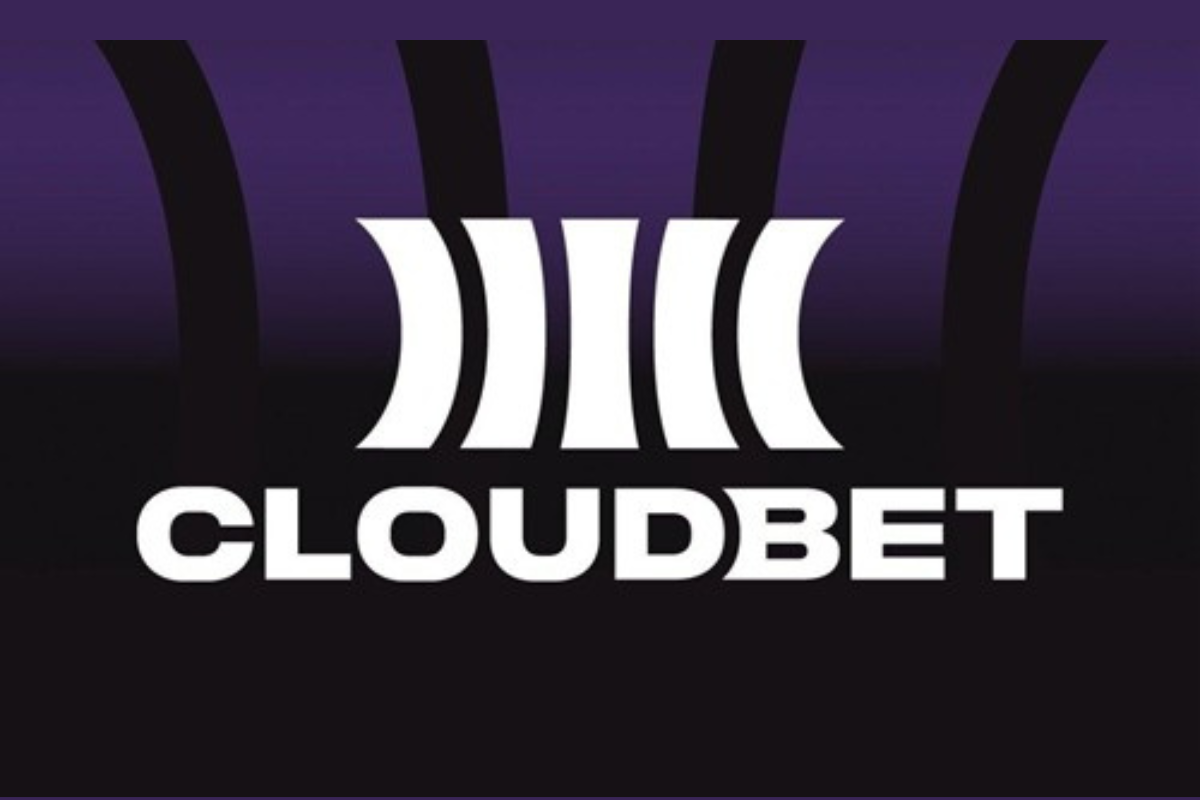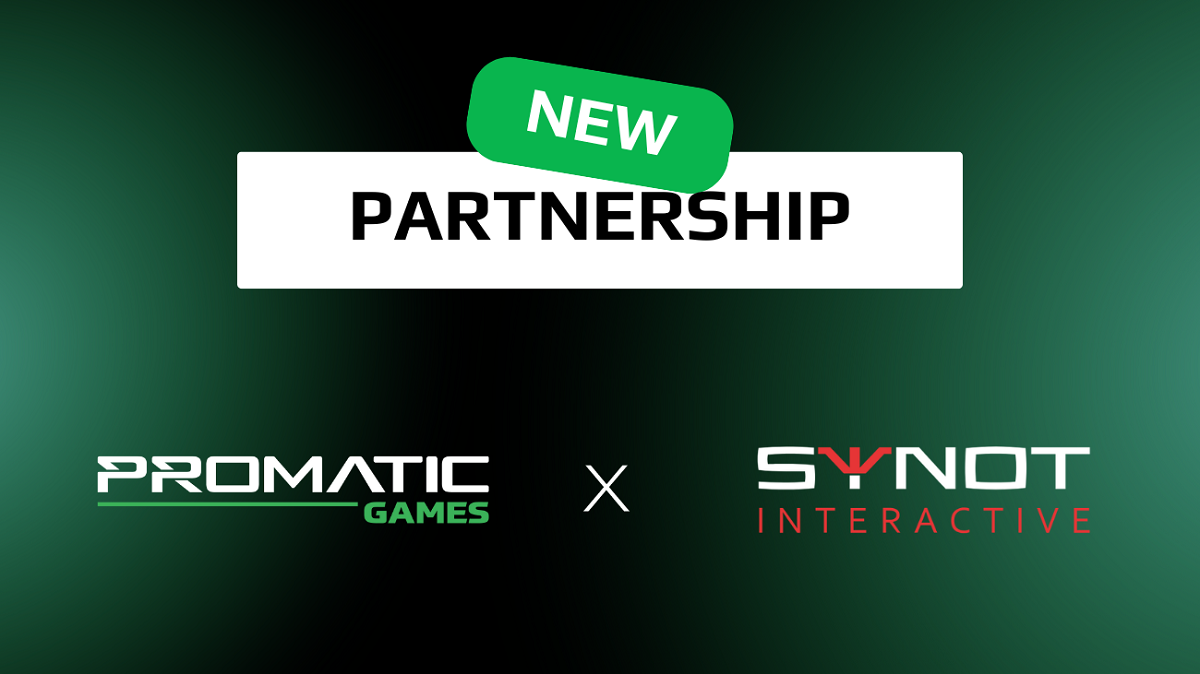Latest News
Nicolas Linde (Shape Games): No more delays – it’s time to go fully native

Nicolas Linde, co-founder at leading digital product studio Shape Games, on why despite delays, the future remains fully native
Apple’s game-changing announcement, made last summer, that gambling operators needed to convert their applications so they are fully native to Apple’s iOS operating system was the cause of much concern for the industry.
Put simply, most operators were not ready to make such a change, and were unlikely to be ready by the time Apple introduced the new rules.
Fortunately for them, they’ve been granted a series of deadline extensions by Apple. The most recent set a cut-off date of June 30 to fully complete the transition away from HTML5.
But this deadline has passed without further clarification, presumably delayed once again given the global situation.
The end of HTML5?
Despite the delays, make no mistake: the age of wrapped HTML5 mobile games is coming to an end.
Even if the deadline is pushed further, and even if Apple does not immediately remove apps which are not fully native, it is unlikely that those which do not comply will have a bright future. Operators who attempt to sideload HTML5 content will likely see the updates rejected by Apple.
The remarkable thing is that it has taken so long to reach this stage. For years now, there have been well known security concerns around HTML5.
But beyond that, we’ve also known that fully native apps provide a far better user experience. Danske Spil’s award-winning Oddset app is just one good example of this.
So, why the delay? Many operators have put off the transition for years, in part because they have seen the undertaking as a major burden.
Those active in mature, European markets often find themselves dealing with legacy tech stacks; it has been the easier, faster and cheaper option to leave things the way they are.
At a time when regulatory pressures, rising CPAs, advertising restrictions and industry consolidation have kept the industry occupied, it has been all too easy to push the fully native issue down the road for another day.
Leading the competition
But Apple’s move and changes in the wider competitive landscape are bringing things to a head.
With new, regulated markets opening up across the world, particularly in the US, those who have invested in a fully native infrastructure are beginning to outcompete rivals.
Going fully native empowers operators to innovate on a much deeper level. We know that mobile is the key battleground today, and offering a truly mobile experience is easier done when fully native.
Delivering truly personalised, data-led content to individual players is now essential, and so-called ‘container’ apps are struggling to keep pace.
At a time when App Store rankings can be decisive in determining who grabs market share, the bigger risk is leaving things as they are.
For a long time, transitioning to fully native was considered by most operators as a choice; we are now looking at an environment where it will be a necessity for those wanting to keep pace.
After years of talk, the time for action has arrived.
-

 Asia4 days ago
Asia4 days agoDigital gaming disruption tackled in 1st AsPac Regulators’ Forum
-

 Latest News7 days ago
Latest News7 days agoCloudbet maps regional betting trends in August–September 2025
-

 Latest News7 days ago
Latest News7 days agoHigh Roller Launches New Online Casino Brand in Finland
-

 Latest News7 days ago
Latest News7 days agoNetBet Denmark expands its casino library by adding SYNOT Games as a provider
-

 Central Europe7 days ago
Central Europe7 days agoPromatic Games and SYNOT Interactive Announce Strategic Partnership to Strengthen iGaming Expansion in Central and Eastern Europe
-

 Asia6 days ago
Asia6 days agoPAGCOR chief pushes for stricter regulation, not online gaming ban
-

 Conferences in Europe7 days ago
Conferences in Europe7 days agoStrategies that Scale: Evoplay’s Alex Malchenko on Cracking the Code of Localised iGaming Success
-

 Conferences in Europe7 days ago
Conferences in Europe7 days agoNew Gamification Academy at SBC Summit to Present Fresh Approaches to Player Engagement






















